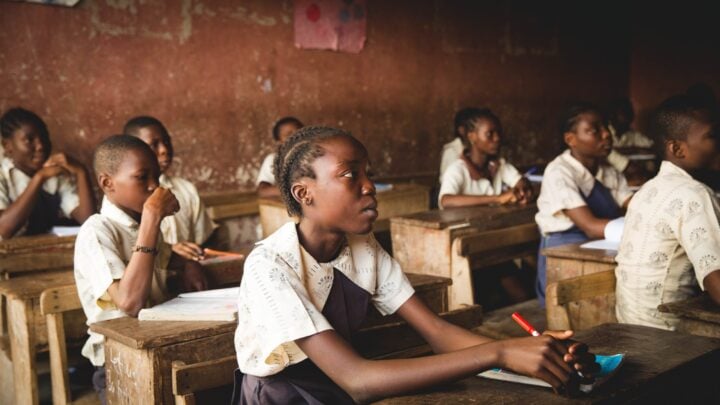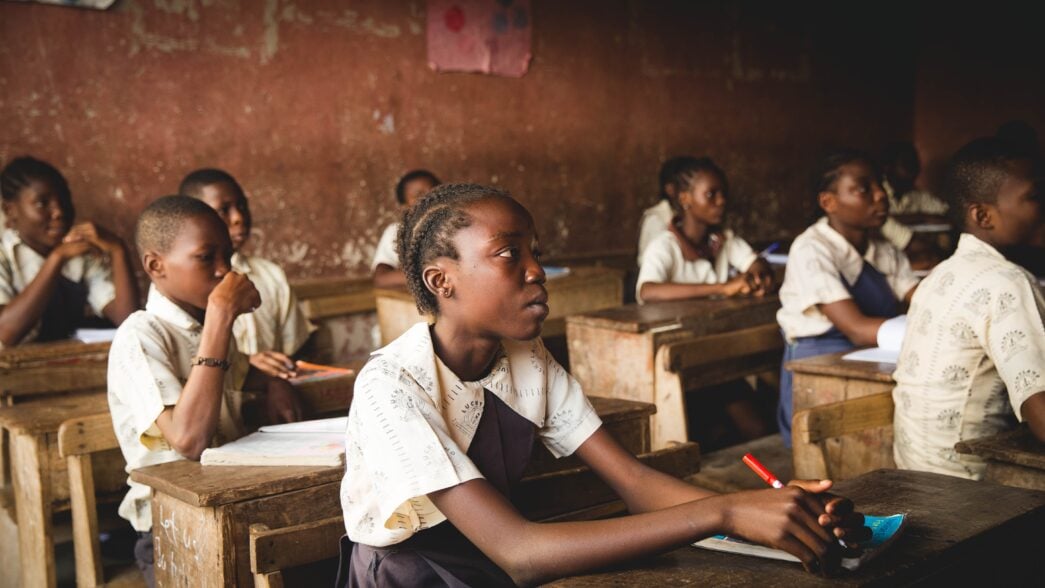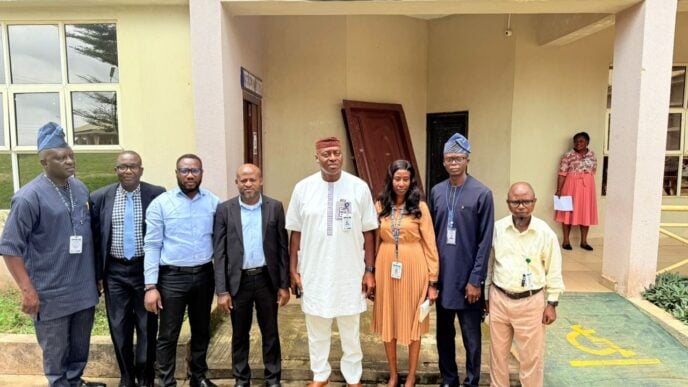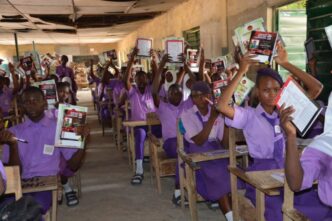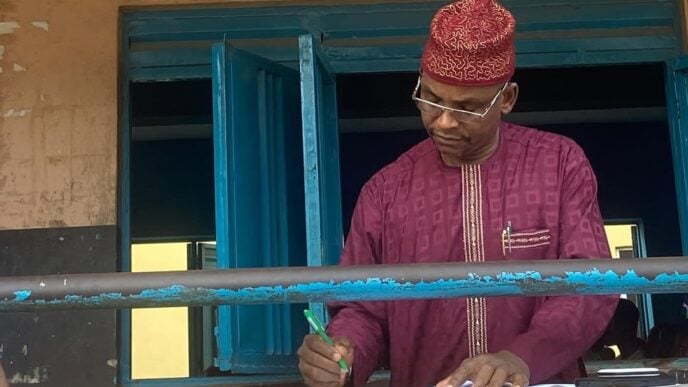The federal government says the revised curriculum for basic and senior secondary schools was designed to meet Nigeria’s developmental needs while aligning with global standards.
Folasade Boriowo, press director at the education ministry, said the Nigerian Educational Research and Development Council (NERDC) led the review, which adopted a competency and outcome-based approach.
She said the curriculum was developed after extensive nationwide consultations with various stakeholders, including students, teachers, parents, civil society groups, and traditional leaders.
“The reform was not a rushed exercise but a step-by-step and participatory process designed to guarantee inclusivity, national ownership, and international relevance,” Boriowo said.
Advertisement
She added that the process began with a needs assessment across 12 states to identify gaps, followed by dialogues in all six geopolitical zones to gather input from a wide range of stakeholders.
Boriowo said the new framework, which incorporates national policies and development priorities, was formally ratified at the 68th National Council on Education (NCE) meeting on October 10, 2024.
The NCE meeting, chaired by the ministers of education, was attended by commissioners of education, professional bodies, and development partners to ensure broad acceptance of the new framework.
Advertisement
Boriowo said the curriculum was designed and developed by a team of subject specialists, teacher educators, and industry practitioners. The work followed four technical stages: content selection, drafting, critique, and final editing.
She said that since gaining approval from the NCE, the ministry has implemented the curriculum in phases over the last nine months.
This includes piloting in selected schools and a nationwide orientation programme for educators to prepare them for effective delivery.
“The revised curricula combine competency and outcome-based approaches to ensure learners are better prepared for the challenges of today and tomorrow,” the press director said.
Advertisement
